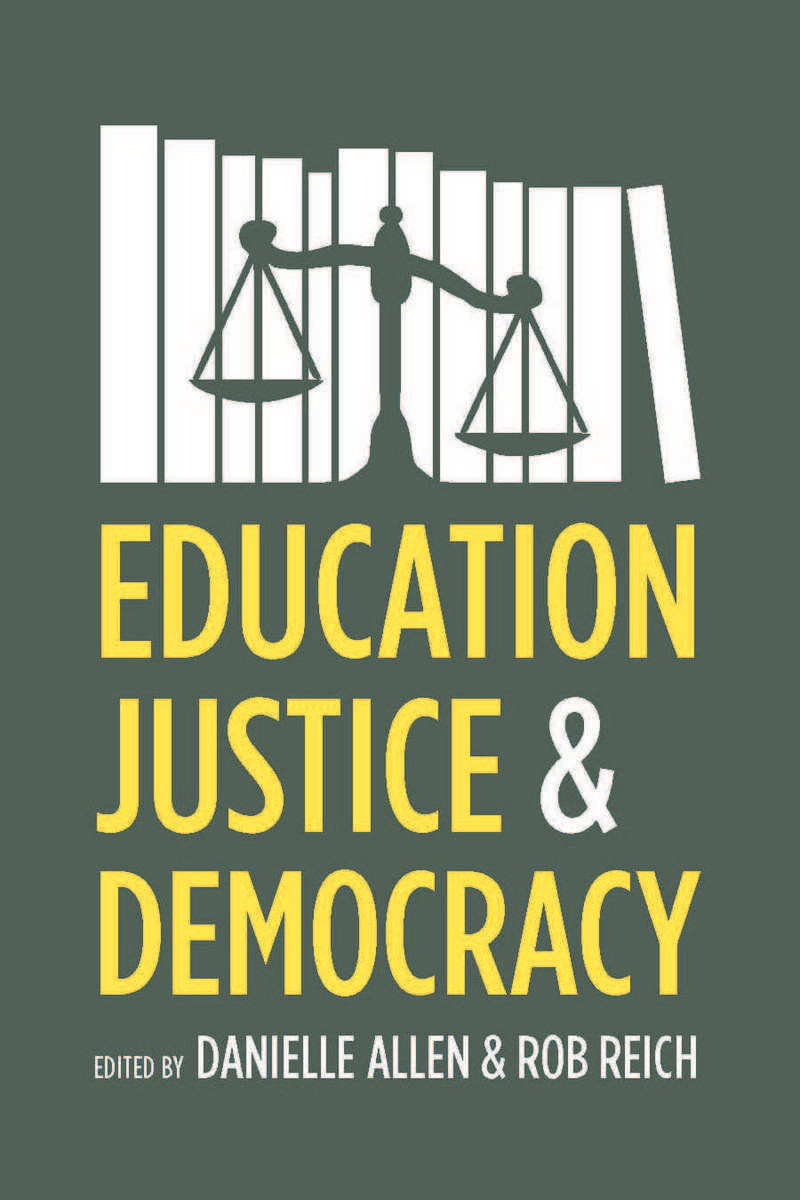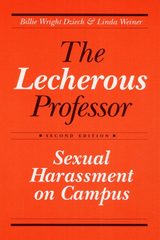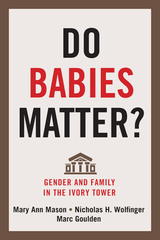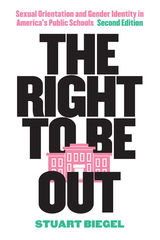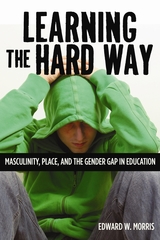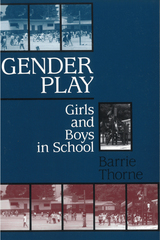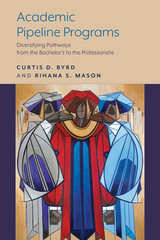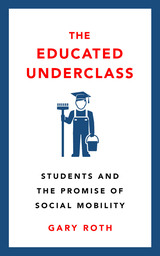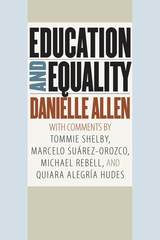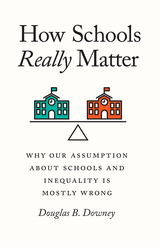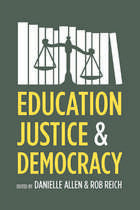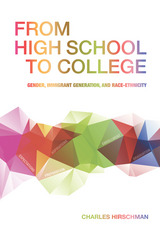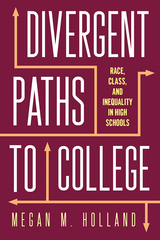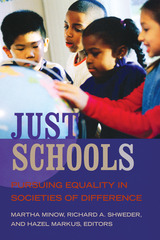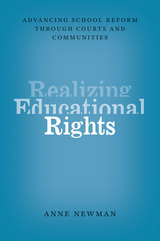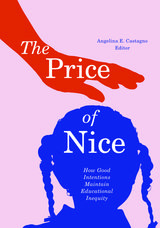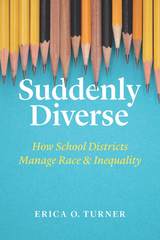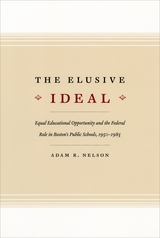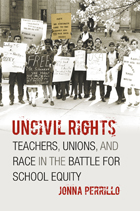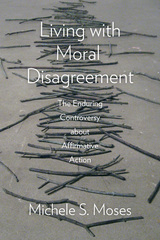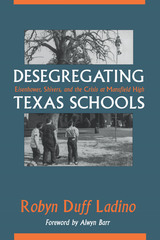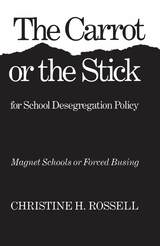“Danielle Allen and Rob Reich have assembled an outstanding collection of essays. Each chapter tackles essential normative and empirical questions about educational justice within a democracy: what it means, what it would look like, and how to make progress toward achieving it. These are important insights. The book’s most significant accomplishment, though, emerges from reading it as a whole. It models ways of doing normatively engaged social science research, and empirically engaged political theory, that all students and scholars of justice, education, and democracy should immediately heed.”
— Meira Levinson, Harvard University
“In their introduction to this superb book, Danielle Allen and Rob Reich note that just about everything we do in education or say about it is freighted with assumptions about how our educational practice is related to the ideals of democracy and justice. Unfortunately, the pervasiveness of these assumptions is not matched by much rigorous and imaginative thought about their validity. One cause of the poverty of our educational thought is disciplinary fragmentation. The social scientists write about education with little understanding of its ethical meaning, and the philosophers write about it with blithe indifference to how our highest ideals are to be realized in an empirically complex world. What would our educational thinking look like if it captured the best social scientists and philosophers in real conversation with each other? If you want to know, then read this book. It will be an exhilarating and inspiring experience.”
— Eamonn Callan, Stanford University
“Education, Justice, and Democracy is an important book. By bringing together a range of well-known scholars from different disciplines, it provides exceptionally thoughtful analyses of the limits and possibilities of an education that is connected to democratic egalitarianism. Danielle Allen and Rob Reich are to be commended for their fine efforts in putting a book such as this together.”
— Michael Apple, University of Wisconsin–Madison
“In the introduction, editors Danielle Allen and Rob Reich make the claim that Americans often take these three ideals for granted. Schools should educate. Schools should be just. Schools should be democratic. What is meant by these normative statements, however, can be terribly unclear or vastly different from person to person. The authors in this collection of essays approach these principles with this lack of clarity in mind, questioning what it means for schools to educate, to be just, or to be democratic. Such an analysis is relatively standard, and necessary, work for political theorists. Yet, the way in which these scholars approach the process of clarification makes this collection a breath of fresh air and, furthermore, an important read for any scholar of education.”
— Harvard Educational Review
“The contributors assembled by Allen and Reich provide insight into such diverse topics as achievement, equality, citizenship, intelligence, family, immigration, segregation, and disadvantage. Seeking to ameliorate disciplinary fragmentation, the varying perspectives provide a framework that asks readers to consider ethical meaning as well as the empirical means of testing whether it has been attained. . . . The variety of perspectives presented would make this an ideal addition to a class exploring school and society or the philosophy of education. . . . Highly recommended.”
— S. T. Schroth, Choice
“This outstanding book is beautifully arranged, with logical threads tying each section and each essay to the next. The essays are of perfect length, allowing the reader to consider complex issues and ideas in depth without being overwhelmed by the content. In keeping with the message of participatory democracy, the book ties theory to practice, acknowledges that there is often a gap between policy and practice, and opens avenues for the relationship of ideals, constraints, and strategies for ‘on the ground’ democratic change. The content of the book is provocative and creative, breathing new life into debates that might otherwise become discouraging or tiresome. My only concern is that this important collection of advanced and articulate essays might be unlikely to find its way to practitioners outside of the academy or readers new to educational philosophy and policy analysis. It is up to those fortunate enough to read this book, and I hope there are many, to act on its content and extend it to as many others as possible. That this is a matter of urgency clearly resonates in the reminder from author Anna Marie Smith that, for our poorest and most deeply disenfranchised children in the United States, schools ‘represent the only key to equal citizenship that lies within their grasp.’ The powerful messages of education, justice, and democracy in this book hold out a light of hope to inform and encourage all who remain engaged and committed to the essential struggle for equal educational opportunity.”
— Beatrice S. Fennimore, Teachers College Record
“Education, Justice, and Democracy makes an important step towards a deeper and more fruitful interdisciplinary approach in philosophy of education.”
— Philosophy of Education Society of Great Britain
